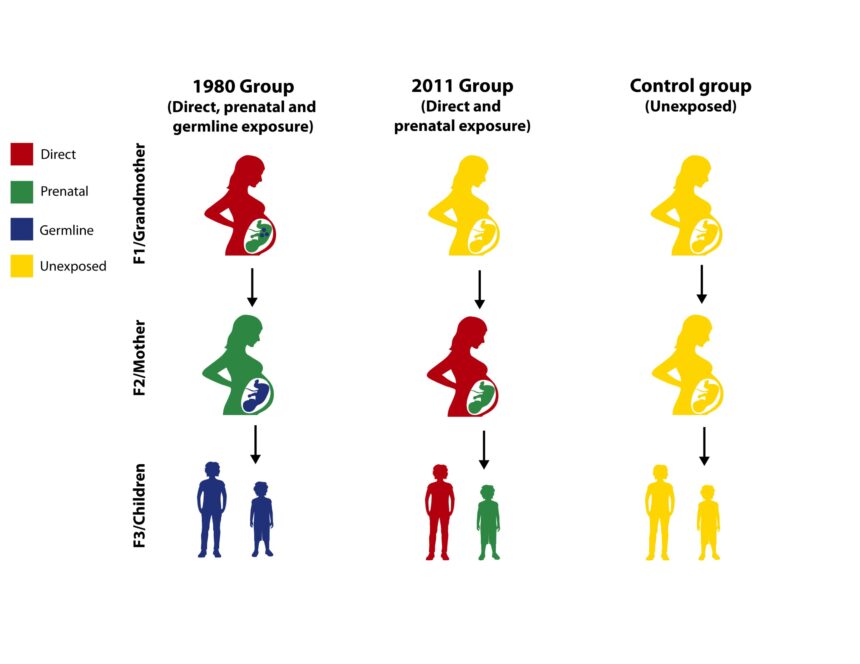The study of epigenetics has uncovered a fascinating discovery: violence can leave genetic marks on future generations. In a groundbreaking study conducted by researchers at the University of Florida, evidence of stress-induced epigenetic changes was found in the genomes of Syrian families who had experienced violence.
The study focused on three generations of Syrian immigrants living in Jordan, with some families having lived through the Hama attack in 1982 and others having experienced the recent civil war against the Assad regime. By collecting samples from grandmothers, mothers, and children who had each experienced violence at different stages of development, the researchers were able to compare the epigenetic modifications in their genomes.
The results were striking. The grandchildren of Hama survivors showed 14 areas in their genomes that had been modified in response to the violence their grandmothers experienced. Additionally, individuals who had directly experienced violence in Syria exhibited 21 epigenetic sites in their genomes. Furthermore, people exposed to violence while in their mothers’ wombs showed evidence of accelerated epigenetic aging, which may be associated with susceptibility to age-related diseases.
These findings highlight the long-lasting effects of trauma and violence on future generations. While the exact impact of these epigenetic changes on health is still unknown, previous studies have suggested a link between stress-induced epigenetic changes and diseases like diabetes. Understanding how violence can leave genetic marks on our genomes is crucial for addressing the intergenerational cycles of abuse and trauma that persist in societies around the world.
The researchers involved in the study were not only amazed by the scientific implications of their findings but also inspired by the resilience of the families they worked with. Despite enduring unimaginable hardships, these families have persevered, living fulfilling lives, having children, and carrying on their traditions. Their resilience serves as a testament to the human spirit and the capacity to overcome adversity.
Moving forward, the researchers hope that their work will shed light on the importance of studying the effects of violence on our genomes and prompt policymakers to take these issues more seriously. By understanding how violence can leave lasting genetic marks on future generations, we can work towards creating a more empathetic and understanding society.
The study, titled “Epigenetic signatures of intergenerational exposure to violence in three generations of Syrian refugees,” was published in the journal Scientific Reports. This groundbreaking research offers a new perspective on the impact of trauma and violence on our genes and underscores the need for further exploration in this field.








